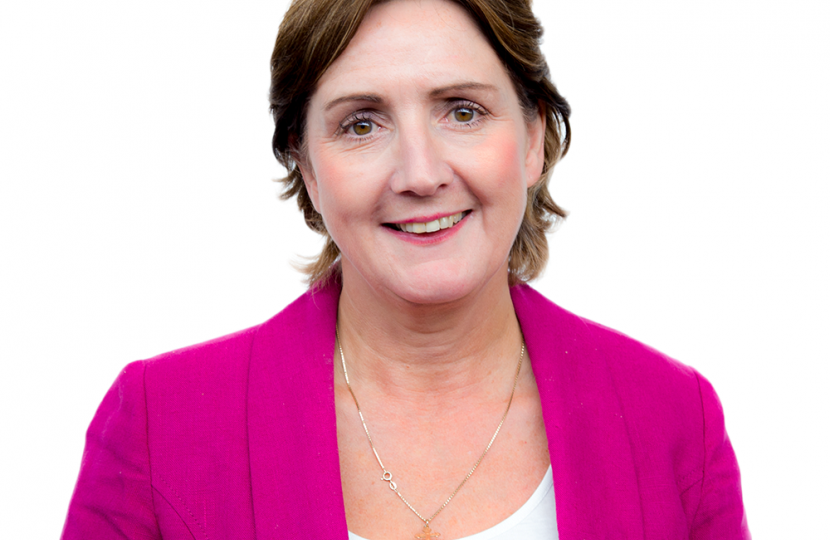Millions needed to get stroke research back on track
UK’s leading stroke charity warns research faces long-term threat due to coronavirus pandemic
Almost three quarters (74%) of stroke research projects funded by the Stroke Association have been suspended because ofthe coronavirus pandemic. (i) Moreover, the UK’s leading stroke charity anticipates a shortfall of £1.5 million in its funding programme this year, to resume current research and support vital new projects. The charity warns of a catastrophic knock on effect for stroke research which could delay access to important new life-changing treatments that allow people to rebuild their lives after stroke. This comes amidst reports of a link between stroke and coronavirus which places greater urgency on research. (ii,iii)
Stroke strikes every five minutes in the UK and is a leading cause of adult disability. Despite this, research remains underfunded in comparison to strokes devastating effects and other conditions, such as cancer. This has been the case for many years. In 2016, the charity revealed that just £48 is spent on stroke research per patient, compared to £241 on cancer research.(iv) This has now been compounded by the devastation that the coronavirus pandemic has had on the charity’s fundraising capabilities and researchers’ abilities to continue their work.
Over the past 30 years the Stroke Association has played a crucial role in supporting stroke research in the UK. Last year, the charity invested over £2 million into stroke prevention, treatment and rehabilitation which is now under threat.
Dr Rubina Ahmed, Research Director at the Stroke Association said: “Stroke happens in the brain, the control centre for who we are and what we can do. It changes lives in an instant. Our research has been at the centre of major breakthroughs that have saved lives and sparked innovation in stroke care and treatment. Our work lay the foundations for one of the most successful public health awareness campaigns in England, the Act FAST campaign, which helps people to recognise the signs and symptoms of stroke. We also funded early research into the new emergency stroke treatment, thrombectomy, the manual removal of stroke-causing blood clots. This has seen many patients spared the most devastating effects of stroke. Patients who otherwise could have lost the ability to walk and talk still can.
“But a lack of funding for research is now a ticking-time bomb. If we don’t act now the coronavirus pandemic could set back stroke research for years to come. The research community will struggle to get projects back up and running, but it’s vital for every stroke survivor and their loved ones that we do.”
Findings from the charity’s survey (i) also reveal the broader impacts that the pandemic has had on stroke researchers:
- One in five researchers (22%) will need more funding.
- Two-thirds (66%) of researchers have said they need to make changes to their studies for their projects to continue. This could have added cost implications and change what the researchers had initially set out to achieve.
- One in five (18%) research projects had team members redeployed to front line work NHS working, for example asneurologists, physiotherapists and occupational therapists.
Many of the charity’s researchers are working hard to resume their projects during these uncertain times.
Alexander Smith at Cardiff University is looking to how we can better support stroke survivors to voice their views on their treatment. He told us that:
“Since covid has put a huge strain on the health and social care professional workforce, I have been helping by making myself available to take on extra shifts as an occupational therapist. But this meant I had to put my research on hold.
Stroke continues to strike with devastating effects and I hope to restart my research as soon as possible. I’m grateful for the Stroke Association as without their funding I wouldn’t be able to do this. For now, I’m glad I can help as occupational therapist and I’m continuing to think about what I can do to best support the NHS at this time.”
Dr Ahmed adds: “Stroke continues to strike every five minutes and as risk of stroke increases with age, it remains one of the greatest health challenges in our society. People can rebuild their lives after stroke but there is still much we don’t know. Research is crucial to find out why people are struggling, and new ways to overcome the challenges that millions of people affected by stroke face every day. The effects of the coronavirus pandemic will be felt by stroke survivors and researchers for years to come. If you can, please help raise vital funds so that we can find new ways to help prevent and treat stroke and help more stroke survivors to rebuild their lives.”
The Stroke Association fund critical research, provide specialist support and campaign to make sure people affected by stroke get the care and support they need to rebuild their lives. To find out more visit stroke.org.uk/research or to donate please go to: stroke.org.uk/donate-research


